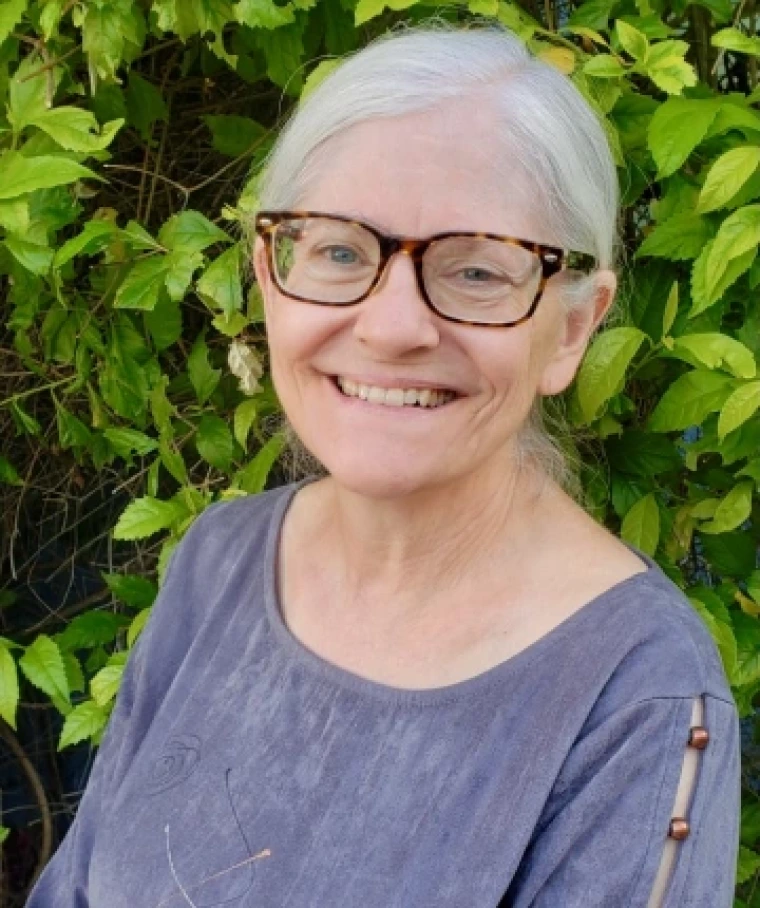Judith L. Bronstein

Education:
AB Brown University (independent major: the use of ecological theory in environmental policymaking)
MSc and PhD University of Michigan (ecology and evolutionary biology)
Research
My lab focuses on the ecology and evolution of interspecific interactions, particularly on mutually beneficial ones (mutualisms). My career-long goal has been to build a solid conceptual foundation for the study of these poorly understood interactions. Using a combination of field observations, experiments, and theory, the Bronstein lab is examining how population processes, abiotic conditions, and the community context determine net effects of interactions for each participant species. Specific conceptual areas of interest include: (i) conflicts of interest between mutualists and their consequences for the maintenance of beneficial outcomes; (ii) the causes and consequences of "cheating" within mutualism; (iii) context-dependent outcomes in both mutualisms and antagonisms; and (iv) anthropogenic threats to mutualisms. With colleagues, I am extending these concepts to explore cooperation and conflict within business and educational “ecosystems.”
Courses Taught:
ECOL 302, General Ecology
ECOL 600B, Fundamentals of Ecology
Selected Publications:
Mathis, K. and J.L. Bronstein (2021). The ecology and evolution of commensalism. Annual Review of Ecology, Evolution and Systematics vol. 51, in press.
Lichtenberg, E.M., J.M. Heiling, J.L. Bronstein, and J.L. Barker (2020). Noisy communities and signal detection: why do foragers visit rewardless flowers? Philosophical Transactions of the Royal Society B 375: 20190486.
Pearse, I.S., E. LoPresti, R.N. Schaeffer, M.G. Weber, W.C. Wetzel, K.A. Mooney, J.G. Ali, P.J. Ode, M.D. Eubanks, and J.L. Bronstein (2020). Generalizing indirect defense and resistance of plants. Ecology Letters. doi: 10.1111/ele.13512
Nogueira, A., F.B. Baccaro, L.C. Leal, P.J. Rey, L.G. Lohmann, and J.L. Bronstein (2020). Variation in the production of plant tissues bearing extrafloral nectaries explains temporal patterns of ant attendance in Amazonian understory plants. Journal of Ecology https://doi.org/10.1111/1365-2745.13340.
Smith, G.P, J.L. Bronstein, and D.R. Papaj (2019). Sex differences in pollinator behavior: patterns across species and consequences for the mutualism. Journal of Animal Ecology 10.1111/1365-2656.12988
Lichtenberg, E.M., R.E. Irwin, and J.L. Bronstein (2018). Costs and benefits of alternative food handling tactics help explain facultative exploitation of pollination mutualisms. Ecology 99:1815-1824.
Sinu, P.A. and J.L. Bronstein (2018). Foraging preferences of leafcutter bees in three contrasting geographic zones. Diversity and Distributions 24: 621-628.
Smith, G., C. Johnson, G. Davidowitz, and J.L. Bronstein (2018). Linkages between nectaring and oviposition preferences of Manduca sexta on two co-blooming Datura species in the Sonoran Desert. Ecological Entomology 43: 85-92.
Barker, J.L, J.L. Bronstein, M.L. Friesen, E.I. Jones, H.K. Reeve, A.G. Zink, and M.E. Frederickson (2017). Synthesizing perspectives on the evolution of cooperation within and between species. Evolution 71: 814-825.
CaraDonna, P.J., W.K. Petry, R.M. Brennan, J.L. Cunningham, J.L. Bronstein, N.M. Waser, and N.J. Sanders (2017). Interaction rewiring and the rapid turnover of plant-pollinator networks. Ecology Letters 20: 385-394.
Jones, E.I., M.E. Afkhami, E. Akcay, J.L. Bronstein, R. Bshary, M.E. Frederickson, K.D. Heath, J. Hoeksema, J.H. Ness, S. Pankey, S.S. Porter, J.L. Sachs, K. Scharnagl, and M.L. Friesen. (2015) Cheaters must prosper: reconciling theoretical and empirical perspectives on cheating in mutualism. Ecology Letters 18: 1270-1284.
Bronstein, J.L. editor. (2015) Mutualism. Oxford University Press, NY.
